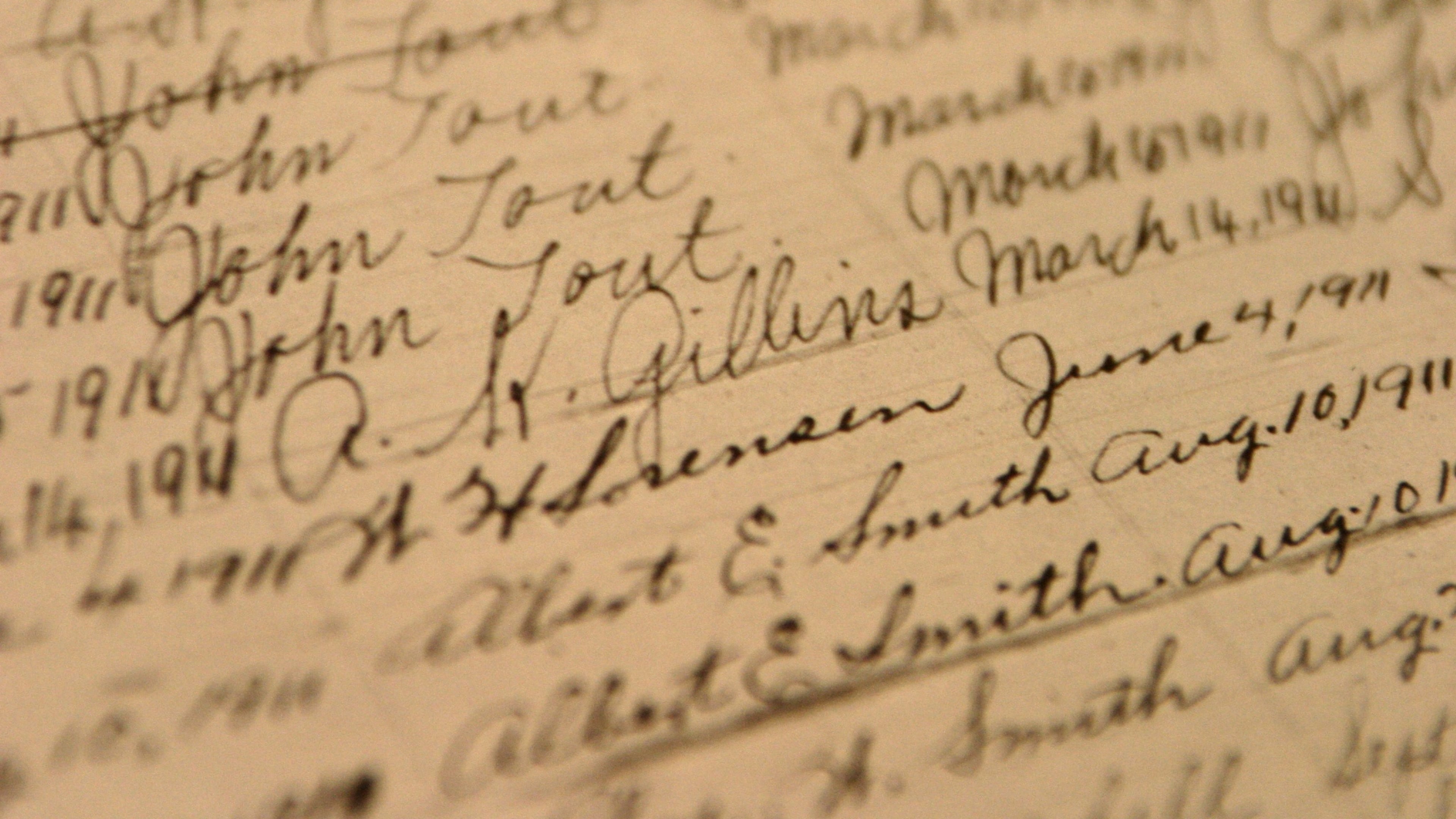German website provides wealth of information for genealogists

A website created by German genealogists is a great new resource for research.
Though the site — Compgen.de — is in German, you don’t have to know the language. Much of it can be accessed in English if you open it in Google Chrome and then translate.
The group that created it has some 3,600 members and is trying to make as many German sources available as possible. It’s free, and if you register, you can ask questions in the forum or add your family tree to the site. When you get to the home page, you will see two headings, “Information,” and “Databases.” This site has a lot of ways to search, by surname or place name. How much information you can find depends on how recent your ancestors were in Germany, and how much you already know about them. A lot of local history books can be found on the site, with a map showing the areas researched, as well as a separate gazetteer search feature. The “Metasearch” on the far right searches all the databases at the same time, but takes a while. For more detail on the site, see James M. Beidler’s review in the October/November issue of Family Tree Magazine. Since I don’t have any German ancestors after the early 1700s, I decided to see what I might find on Peter Hoyle (Pieter Heil). The homepage’s long list of options gives you many ways to seek information. I chose the general search feature “GEDBAS,” and it’s best to spell the name in German, not English. Some information came up. When I searched for Martin Luther, many original sources popped up. It’s well worth trying out, as it’s going to expand. The site offers many ways to learn more about the area your ancestors came from and how to contact local societies or find any books that might exist on the family.
State records differ, be sure you know how
States began keeping certain records at different times, so always check those dates. Georgia began keeping birth and death records statewide in 1919, while North Carolina started in 1913. South Carolina has no marriage records recorded in the county courthouses until 1911, but Georgia and North Carolina have them back into the early 1800s.
Text grabber app
I downloaded the free app “Text Grabber,” which allows you to take a photo of a text and then it transform it into a text document to work with. It’s worth a try. It does better if you have a steady hand while taking the photo. There are similar apps, so find one you like.
Contact Kenneth H. Thomas Jr., P. O. Box 901, Decatur, GA 30031 or gagensociety.org.

